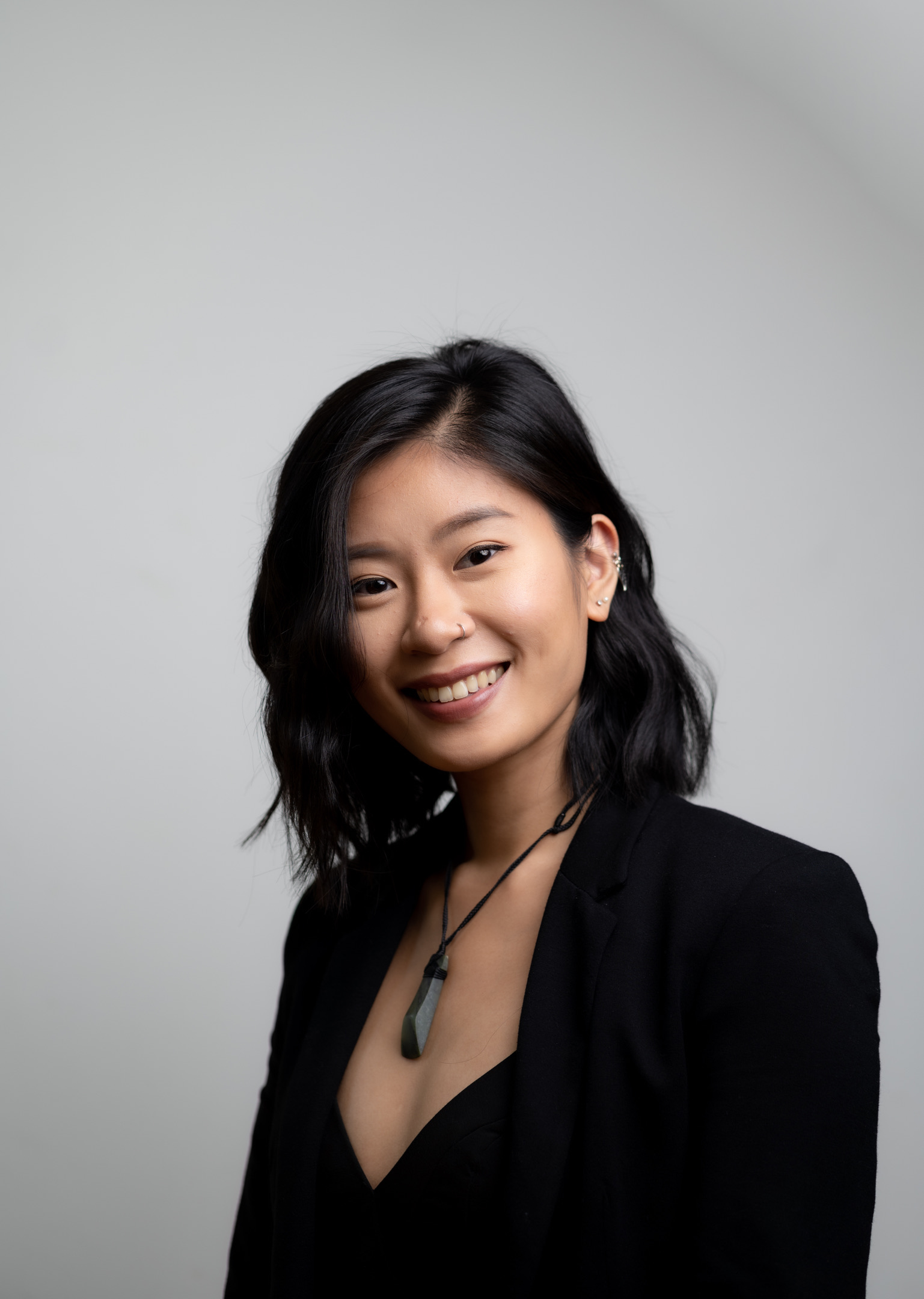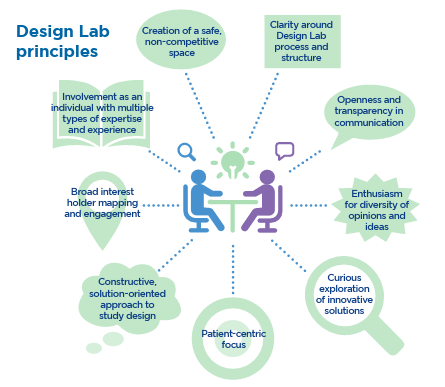Madeleine J. Oudin, PhD (she, her)
Assistant Professor, Biomedical Engineering
Graduate Biomedical Sciences Member, Cell, Molecular and Developmental Biology Program
Tiampo Family Professorship, Biomedical Engineering
Tufts University
Study Title: “Dissecting tumor cell-ECM interactions in the primary tumor and metastatic niche in the healthy and obese patient”
Can you tell us a little about yourself, what you do, and what research project brought you to the Tufts CTSI Research Studio?
I’m an Assistant Professor in Biomedical Engineering. I started in January 2018 and my lab is focused on studying mechanisms of cancer, metastasis, and drug resistance. When I started my lab, I knew I needed to start thinking about submitting an RO1; that was very daunting in terms of the scope. I’d written grants before, as fellowships, kind of shorter-term, smaller projects. So, I knew what kind of demands was involved in writing grants, but I think the scope of the RO1 and where to focus in terms of study sections were things I really didn’t know much about. When I had the opportunity to submit my specific aims to get some feedback, I thought that could be really helpful, and allow me to meet and be connected to more people across campus. That’s why I thought it was a good opportunity. Any opportunity to get feedback and advice was welcomed at that point.
Can you tell us about the overall value of the experience?
Having to put aims together, initially, was hard because it is a process. So just having to prepare for a studio was a good first step in trying to focus on really where I thought my first RO1 could go. Then presenting it live was great because a lot of times you can get written feedback from people on your aims, but you don’t have that conversation with them; whereas here, it was live questions about different things I had brought up. Being able to respond to those comments right away, was really helpful. Getting feedback right away and being able to walk the people through anything unclear … in real time and hearing what their thought process was, was really fun and unique.
It made me think about the scope of my aims. I think I had way too much, so there was a lot of focus on narrowing the scope and focusing on specific areas. It also helped with thinking about the appropriate study sections to submit my work to. There are study sections focused on metastasis, which is more tumor cells focused, and not so much other cells. I was starting to get interested in other cells like adipocytes and incorporating those cells opened me up to tumor microenvironment study sections. Hearing that from people made me aware of those differences and what was out there. I was also interested in drug resistance and putting that in as well, and that opens up another study section like molecular cancer therapeutics. If you’re covering so many different things the reviewers might be from different areas, or the study section might not be appropriate for what you’re interested in. I think hearing that from different people who had a lot of expertise in cancer grants, in NCI, and in writing these grants, and their advice to not make [my aims] too broad that they wouldn’t fit logically into one place, made me rethink the focus of my R01 proposal.
How did your studio presentation help you connect with collaborators across Tufts CTSI?
I met with some clinicians there; that was helpful, in terms of talking to people. Jack Erban (clinical director of Tufts Cancer Center, at the time) was there, and I connected with him after a bit. I was also at that point really interested in getting human samples and I got connected to the Tufts Biorepository, where I was able to get human samples for several projects that have been really critical for both papers that we’ve written to support these grants and the applications as well. We became interested in obesity and we received samples of patient with different BMIs. Those are important to elevate the impact of our work in terms of publications, and also in terms of providing support that what we’re studying was relevant in patients when writing grant proposals.
What insights did the studio experience provide that helped you with project development?
The studio helped me to focus and not tackle too much. I was able to understand what the scope of an RO1 entailed and make sure my aims were tailored to a specific study section.
Are there aspects to the studio experience that could be added to improve the value for participants like yourself? What do you we could to make it better?
It might have been helpful to have a follow-up or a second round. It’s a process; my first few RO1s were not fun; so maybe being able to come back to get more feedback as you’re moving through it could be good. Or maybe having a mentor assigned after a research studio. So, you don’t need to meet with the whole studio panel again. Instead having maybe one or two people that are assigned to follow up with you and give you more feedback. I got that; Dr. London gave me feedback. Through these interactions, I’ve been able to connect with people who give me feedback. For some people, that’s harder to do, and so providing more direct mentoring where in like 3 or 6 months, we’re going to follow up, and offer more guidance there, could be helpful.
Who do you think within the research community would benefit from participating in a studio? And why specifically would you recommend participating in a studio?
Any junior faculty who’s applying to their first R01. I feel like the R01 is just so intimidating because it’s a much bigger scope than anything we’re used to writing as postdocs. I think that having a good specific aims page and a good plan for the scope, focus, and rationale the hardest to nail. It took a lot of time and work in talking to people to really understand what was a good approach and what kind of collaborative support I needed, like letters of support. NIH really wants to see letters of support and more involvement from senior people.
To learn more about our Research Studio program, click here.
Ready to enter the Studio?
Research Studios are typically held on the first Thursday of every month (via Zoom) from 3:00-4:00PM.
To present your project idea at an upcoming Research Studio, please contact Hannah Santos, MBA, Program Administrative Director, at hsantos@tuftsmedicalcenter.org.



